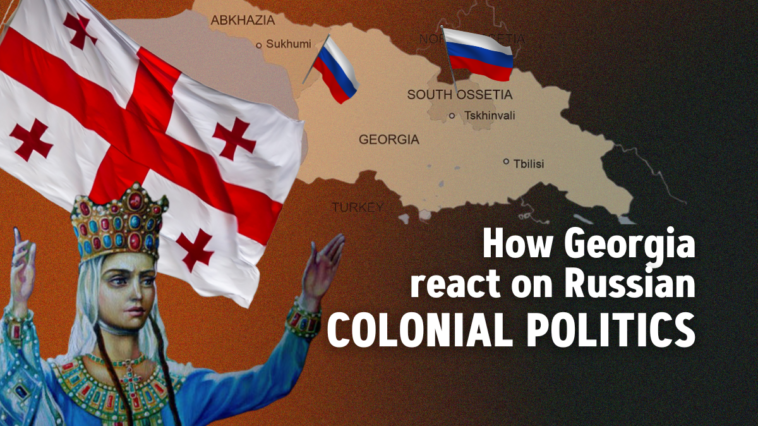Russian-Georgian relations remain tense due to conflicts over Abkhazia and South Ossetia, Georgia’s pursuit of Western alliances, and economic ties. Recent protests have erupted over issues such as media censorship and perceived colonialist attitudes, reflecting the country’s aspirations for a European future.
Contemporary Russian-Georgian relations remain complex and tense. One of the leading causes of the conflict between Russia and Georgia is the issue of the independence and territorial integrity of Abkhazia and South Ossetia. After the 2008 war, Russia recognized both Abkhazia and South Ossetia’s so-called independence, which Georgia and international law perceive as an occupation of Georgian territories.
The influence of geopolitical factors is also felt in modern relations between Russia and Georgia. Georgia seeks to maintain its sovereignty by moving its politics towards more Western structures, particularly the European Union and NATO. This course, however, has become a source of tension with Russia, which considers the move an intrusion into its sphere of influence.
Trade and tourism are essential aspects of Russia-Georgia economic relations. Russia is one of Georgia’s top three importers and remains one of its largest trade partners. Nevertheless, mass protests against the ruling party’s policy towards Russia occur almost every year.
Thus, the protests, called “Gavrylovʼs Night,” were caused by a Russian deputy taking the place of the parliament speaker during the Inter-Parliamentary Assembly. This gesture is the result of the colonialist ideas of the Russians surrounding Georgia. During the protests, journalist Georgy Gabuniya made derogatory remarks about Vladimir Putin on live television, and air traffic between the countries was suspended.
In March 2023, new large-scale protests erupted in response to the potential implementation of the “law on foreign influence,” which nearly identically copied Russian legislation. Under this law, the government would have the legal authority to censor the media, undermining European integration processes. During these events, President Salome Zourabichvili backed the protesters.
Protests resumed, albeit on a smaller scale, following the unilateral cancellation of the visa regime for Georgian citizens and the subsequent resumption of air travel. Nonetheless, Russian Foreign Minister Lavrov’s daughter flew to Georgia but did not attend the wedding (the primary intent of the trip). This situation generates tension not only between states but also within Georgian society.
This tension is only set to manifest with new force in 2024, following the next parliamentary elections. It is vital to understand, in fact, almost every time on one scale or another, Georgia’s active civil society reacts vehemently to any colonial manifestations of Russian politics, any of which could harm Georgia’s chances of a European future.


